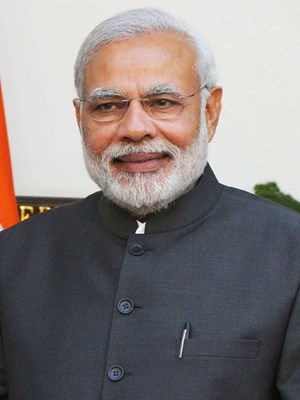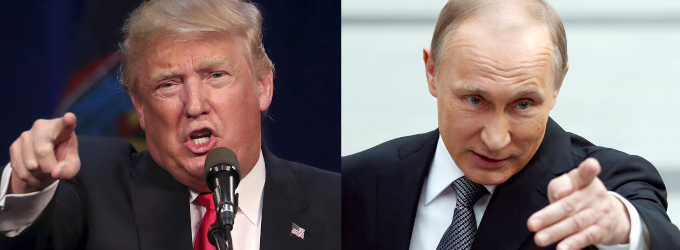(Bloomberg) – India’s shift away from discounted Russian crude should be more than offset by gains from likely lower U.S. tariffs, Nomura Holdings Inc. said Friday.

Indian Prime Minister Narendra Modi
U.S. President Donald Trump has been repeatedly asking India to halt purchase of Russian oil, and economists Sonal Varma and Aurodeep Nandi say the shift could pave the way for a trade deal with Washington and a reduction in tariffs.
“Any lowering of the tariff rate to below the ASEAN-average of 19%-20% would help restore India’s relative competitiveness in labor-intensive exports,” the economists said. They expect the 25% punitive levy on purchases of Russian oil to be removed after November, while the reciprocal 25% tariff will stay through the fiscal year ending March.
With the discount on Russian oil vis-a-vis international prices having narrowed to $1.8–$2.2 a barrel, the direct impact of a switch would be about 0.04% of gross domestic product, the report said. It, however, cautioned that “the indirect impact via higher global oil prices would be more important to watch.”
While the two countries are yet to finalize a trade agreement, major Indian refiners have indicated that their imports of Russian oil will fall to near zero after the U.S. imposed sanctions on crude giants Rosneft PJSC and Lukoil PJSC.
India has imported about 1.8 MMbpd from Russia so far this year, accounting for 36% of its total overseas shipments, as per Kpler data. The South Asian nation will now have to source this requirement from the Middle East and the U.S., pushing up global energy costs as major producers raise prices following the sanctions.
Sourcing oil from the U.S. will also be expensive for India because of high transport costs, said Gaurav Kapur, chief economist at IndusInd Bank Ltd.
“It is not easy to completely move away from Russian crude after years of relying on it,” Kapur said. “The point is about India’s energy security and we will have to quickly find alternative sources of suppliers.”
Last week, U.S. President Donald Trump said India’s Prime Minister Narendra Modi had assured that the country will stop buying oil from Russia, but the shift will be “a little bit of a process.” India has so far not commented on the issue.
The inflation impact should remain manageable, with the consumer price index currently below 2%, the lower bound of the central bank’s 2%-6% target range. According to Reserve Bank of India estimates, a 10% rise in crude bill could lift inflation by about 30 basis points and trim growth by around 15 basis points, assuming full pass-through to domestic prices.

